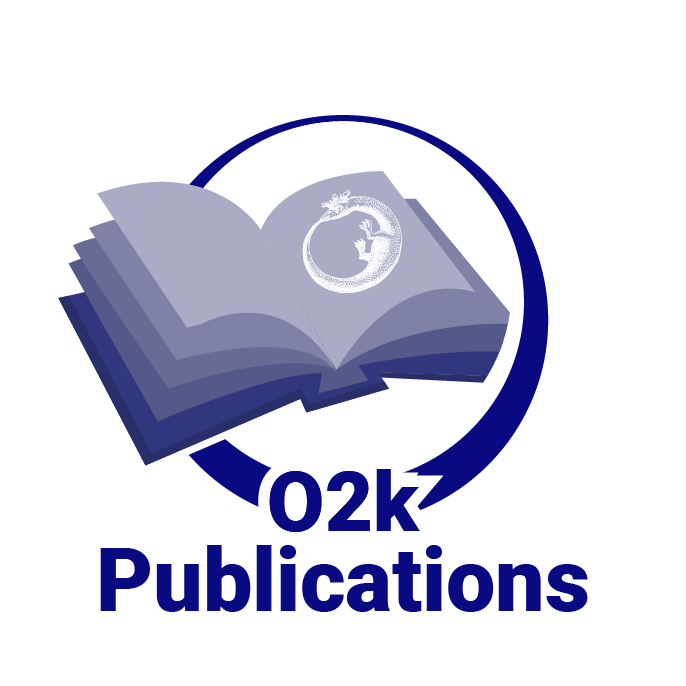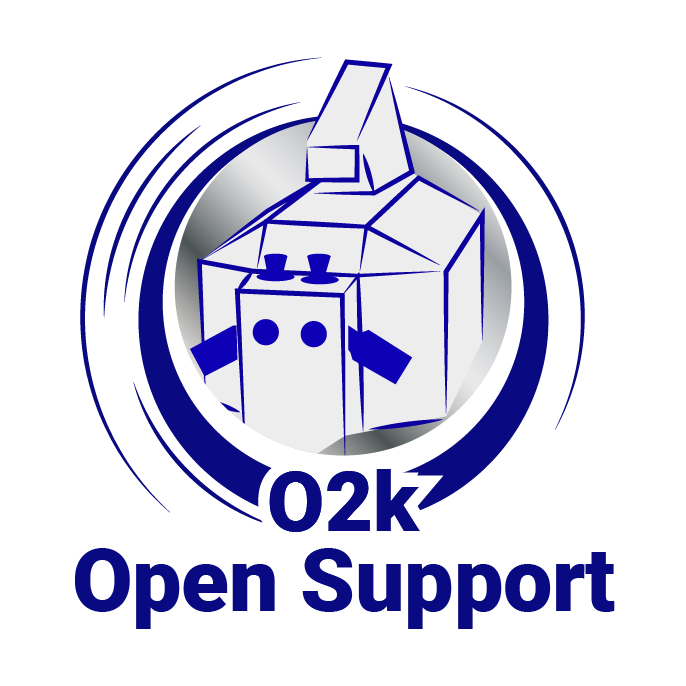Difference between revisions of "SPIN"
From Bioblast
Laner Verena (talk | contribs) |
Laner Verena (talk | contribs) |
||
| Line 2: | Line 2: | ||
:::: [http://www.neurospin.at/content/home/ SPIN] is an international, interdisciplinary PhD Program for the training of an elite of young researchers. It leads to an EU conform PhD (Doctor of Philosophy) degree in Neuroscience. Graduates receive an advanced professional qualification in teaching and research. | :::: [http://www.neurospin.at/content/home/ SPIN] is an international, interdisciplinary PhD Program for the training of an elite of young researchers. It leads to an EU conform PhD (Doctor of Philosophy) degree in Neuroscience. Graduates receive an advanced professional qualification in teaching and research. | ||
:::: It is an initiative of the Medical University of Innsbruck and Innsbruck Leopold-Franzens University. It was established in September 2007 with the support of the [https://www.fwf.ac.at/en/ FWF Austrian Science Fund]. | :::: It is an initiative of the Medical University of Innsbruck and Innsbruck Leopold-Franzens University. It was established in September 2007 with the support of the [https://www.fwf.ac.at/en/ FWF Austrian Science Fund] and has been refunded and is now entering its 4. Funding Period. | ||
:::: SPIN and Oroboros Instruments GmbH have agreed to establish a formal collaboration sharing the personnel and consumables costs for one PhD student to be enrolled in the SPIN program. The student will be involved in a joint project with the aim to investigate '''''Mitochondrial function and dysfunction in neural cells'''''. | :::: SPIN and Oroboros Instruments GmbH have agreed to establish a formal collaboration sharing the personnel and consumables costs for one PhD student to be enrolled in the SPIN program. The student will be involved in a joint project with the aim to investigate '''''Mitochondrial function and dysfunction in neural cells'''''. | ||
| Line 8: | Line 8: | ||
== The grant == | == The grant == | ||
::::* ''' Application:''' 2018-01-31; '''Granted:''' 2018-02-28; '''Hired latest:''' 2018-07-01 | ::::* ''' Application:''' 2018-01-31; '''Granted:''' 2018-02-28; '''Hired latest:''' 2018-07-01 | ||
::::* ''' Degree:''' PhD (Doctor of Philosophy) | ::::* ''' Degree:''' PhD (Doctor of Philosophy) | ||
::::* ''' Entry requirements:''' life sciences, bioinformatics, chemistry, pharmacy, psychology or human medicine graduate | ::::* ''' Entry requirements:''' life sciences, bioinformatics, chemistry, pharmacy, psychology or human medicine graduate | ||
Revision as of 11:14, 5 January 2018
SPIN
- SPIN is an international, interdisciplinary PhD Program for the training of an elite of young researchers. It leads to an EU conform PhD (Doctor of Philosophy) degree in Neuroscience. Graduates receive an advanced professional qualification in teaching and research.
- It is an initiative of the Medical University of Innsbruck and Innsbruck Leopold-Franzens University. It was established in September 2007 with the support of the FWF Austrian Science Fund and has been refunded and is now entering its 4. Funding Period.
- SPIN and Oroboros Instruments GmbH have agreed to establish a formal collaboration sharing the personnel and consumables costs for one PhD student to be enrolled in the SPIN program. The student will be involved in a joint project with the aim to investigate Mitochondrial function and dysfunction in neural cells.
The grant
- Application: 2018-01-31; Granted: 2018-02-28; Hired latest: 2018-07-01
- Degree: PhD (Doctor of Philosophy)
- Entry requirements: life sciences, bioinformatics, chemistry, pharmacy, psychology or human medicine graduate
- Recruitment procedure: written application, personal interview
Who can apply?
- All SPIN PIs can apply with the exception of the SPIN Speaker to avoid possible conflict of interests.
Which research topics are supported?
- Proposals from all areas of scientific and technological research related to mitochondrial function or dysfunction in neural cells (neurons, astrocytes, microglia, neural progenitor cells) are welcome.
How does it work?
- Participants will submit a 4-year research project. Proposals will be reviewed by at least two external reviewers, one named by SPIN (selected from the advisory board or from independent international reviewers) and one named by Oroboros Instruments GmbH. In case of discordant opinions, a third reviewer will be selected in agreement between the SPIN speaker and Oroboros Instruments GmbH.
What does the funding cover?
- The contribution consists in funding the salary of a PhD student for 4 years according to FWF remunerations schemes. An all-inclusive dotation of €18.000 (for consumable costs, animal costs, attendance to meetings, costs for instruments in core facilities, etc.) will also be provided.
- Oroboros Instruments GmbH will offer access to its facility and instruments.
- The selected student will also benefit from all privileges that SPIN can offer (courses, retreats, etc.).
How to apply?
- The application should be no longer than 4 A4 pages, margins 2.54 cm, font Arial 11, line spacing 1,5 lines.
- The application should contain the following sections:
- Background and preliminary work (max 1 page)
- Objective and work program
- Detailed work schedule
- Added value of the collaboration
- Bibliography (no more than 20 references).
- Submission deadline: 31st January 2018. Please submit the electronic proposal to sheela.braganca@i-med.ac.at (pdf format, size should not exceed 5 MB).
- The final decision will be announced on February 28th 2018. The student will have to be hired before July 1st 2018.
- The student will be associated to a SPIN principal investigator, who, in close cooperation with a supervisor named by Oroboros Instruments GmbH, will be primarily responsible for the scientific supervision.




